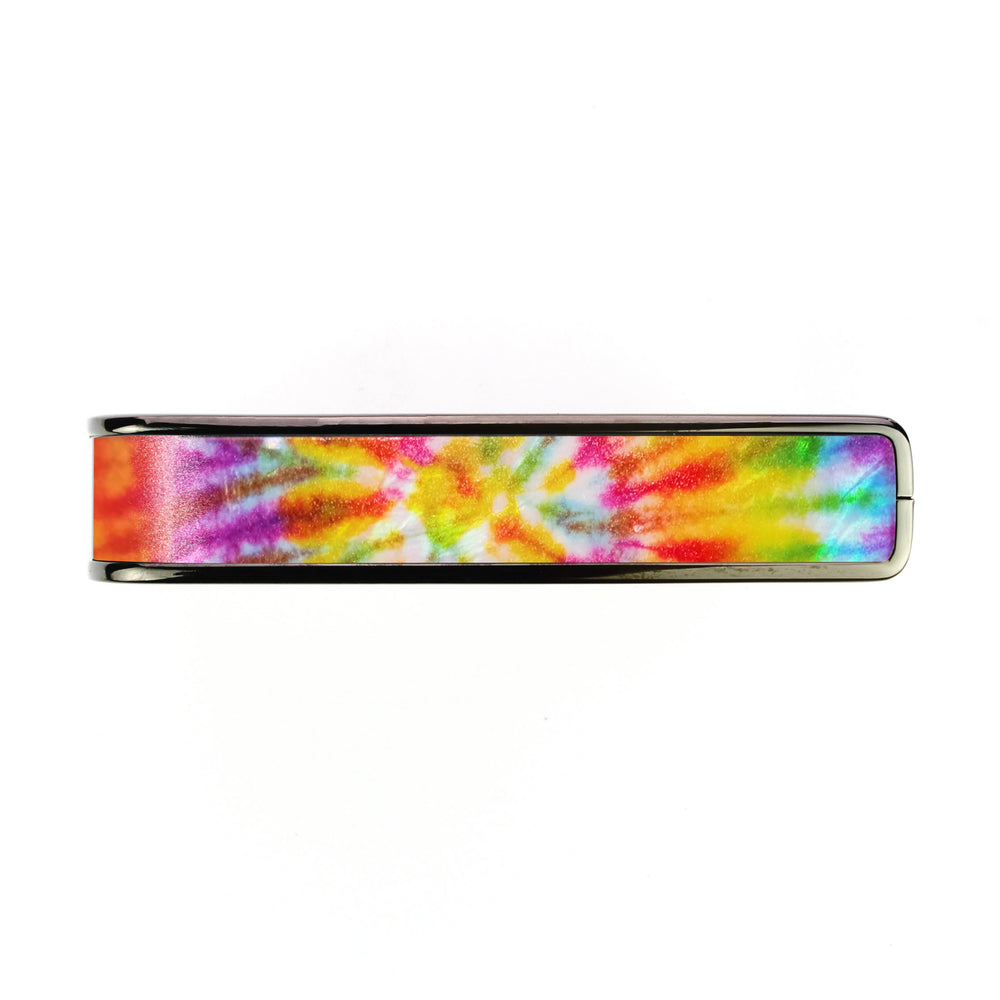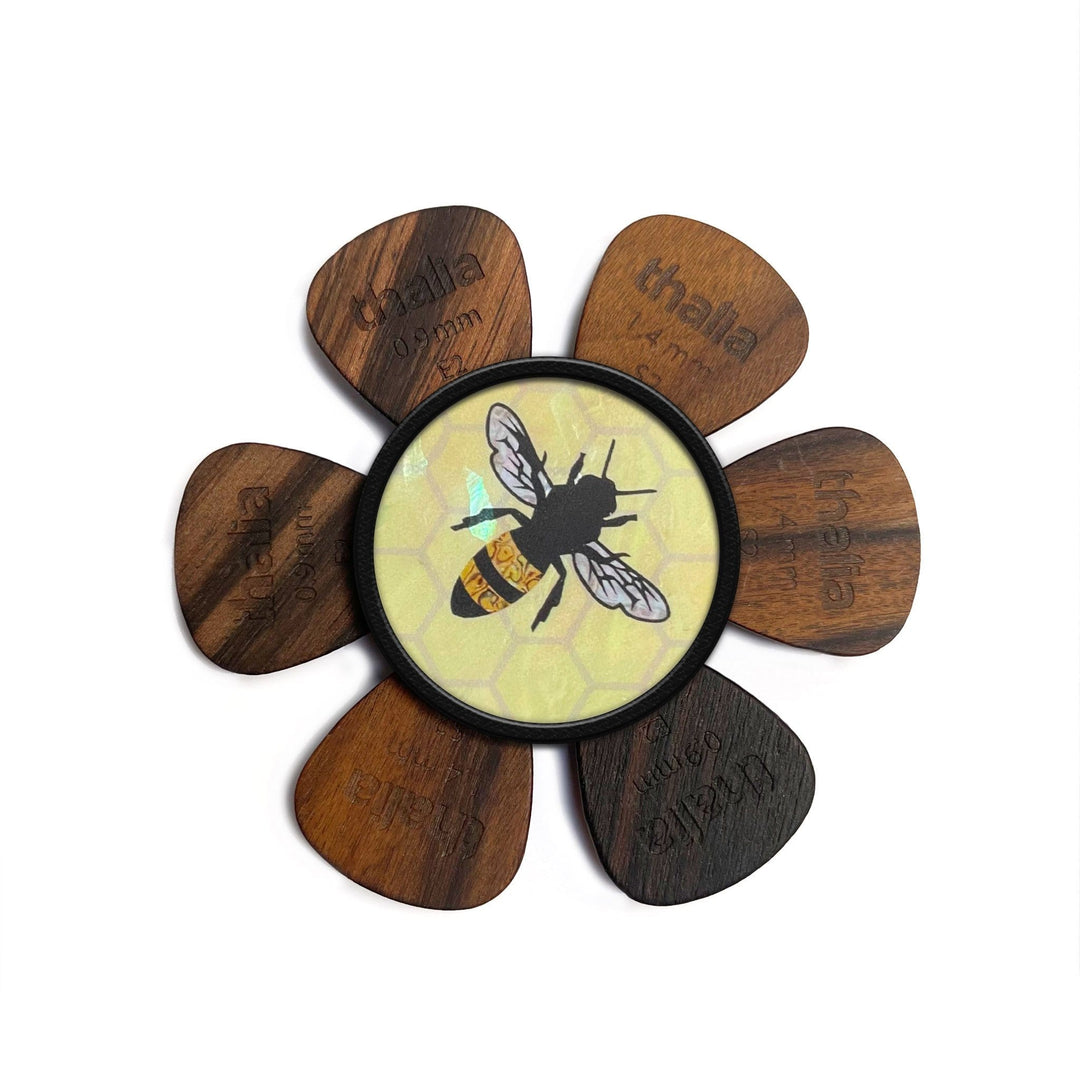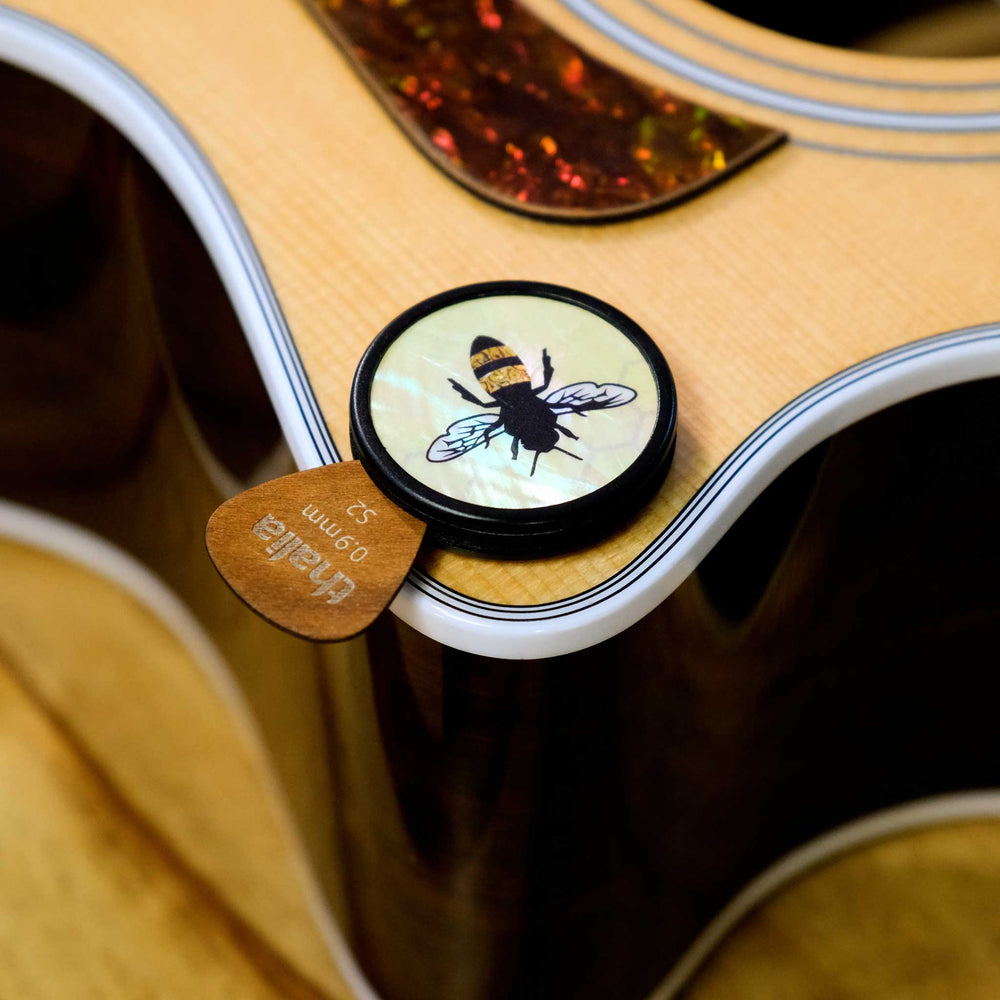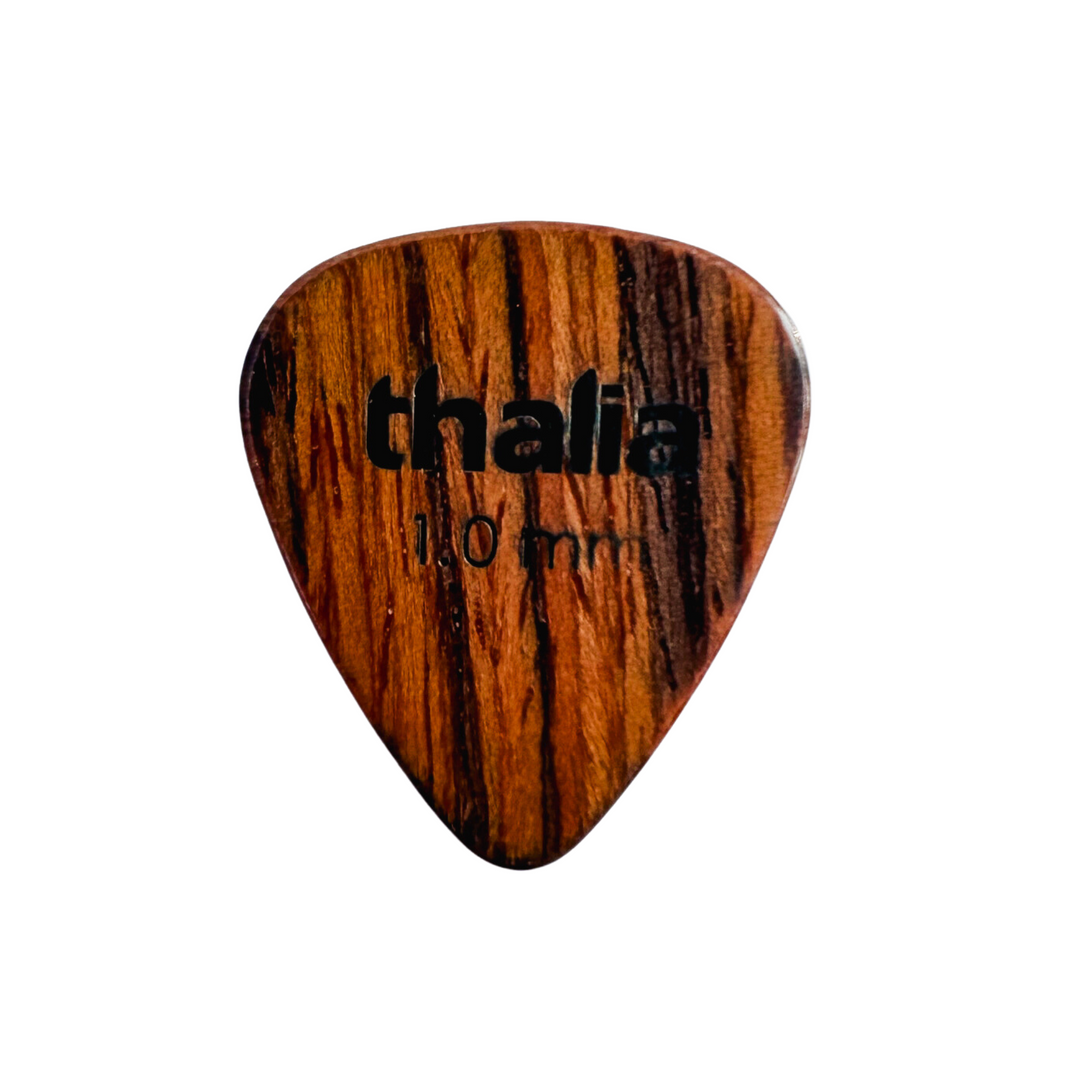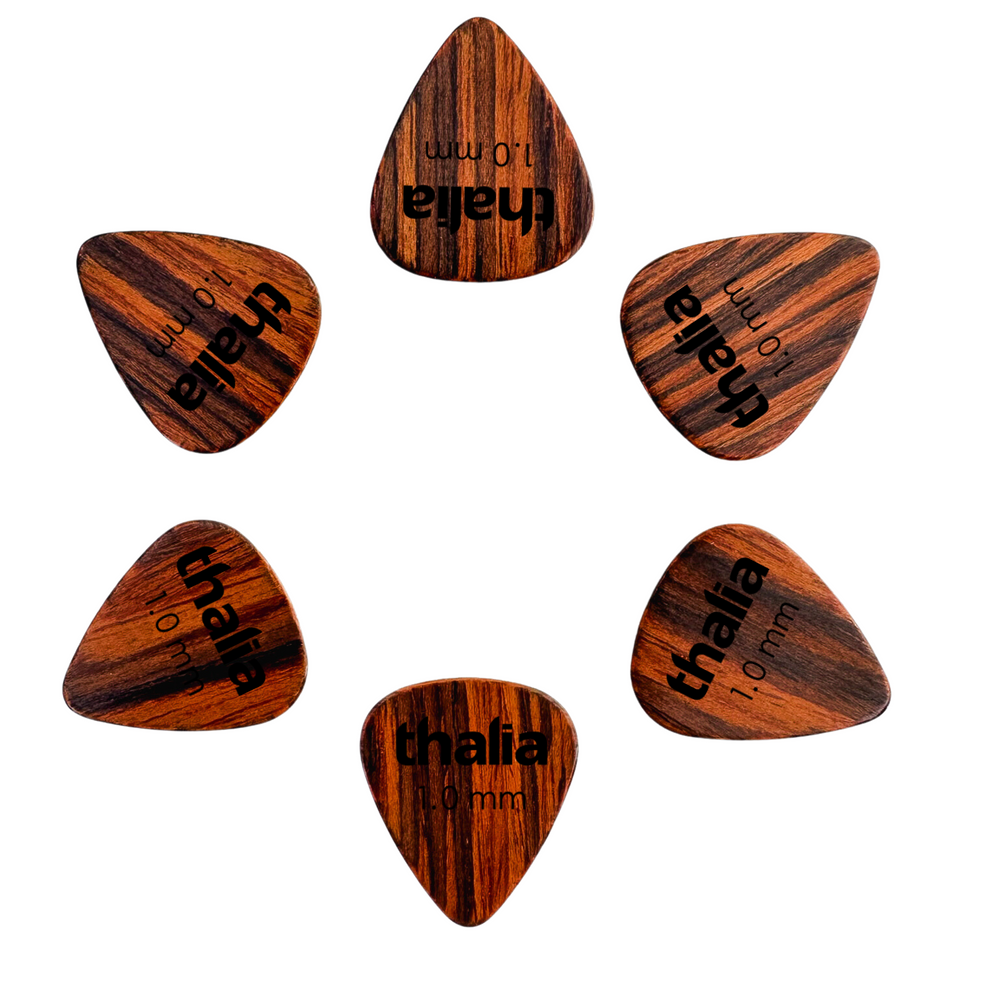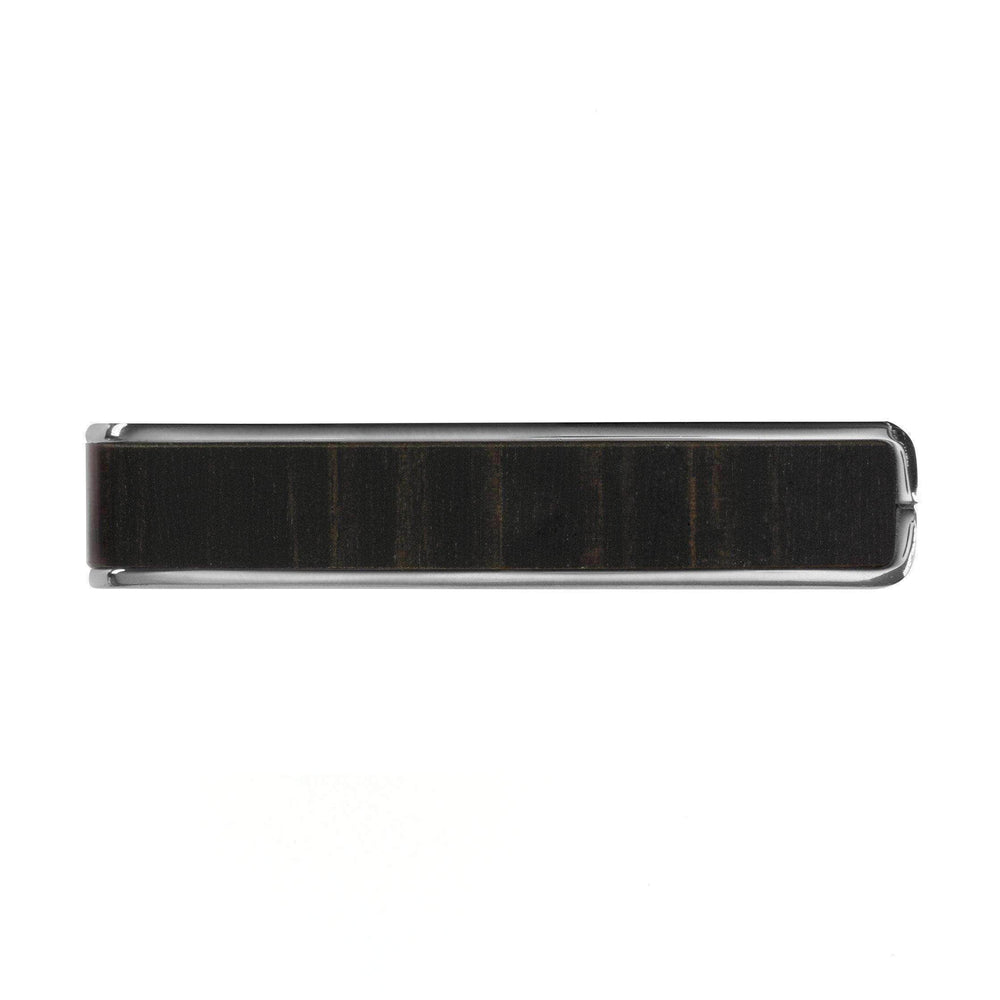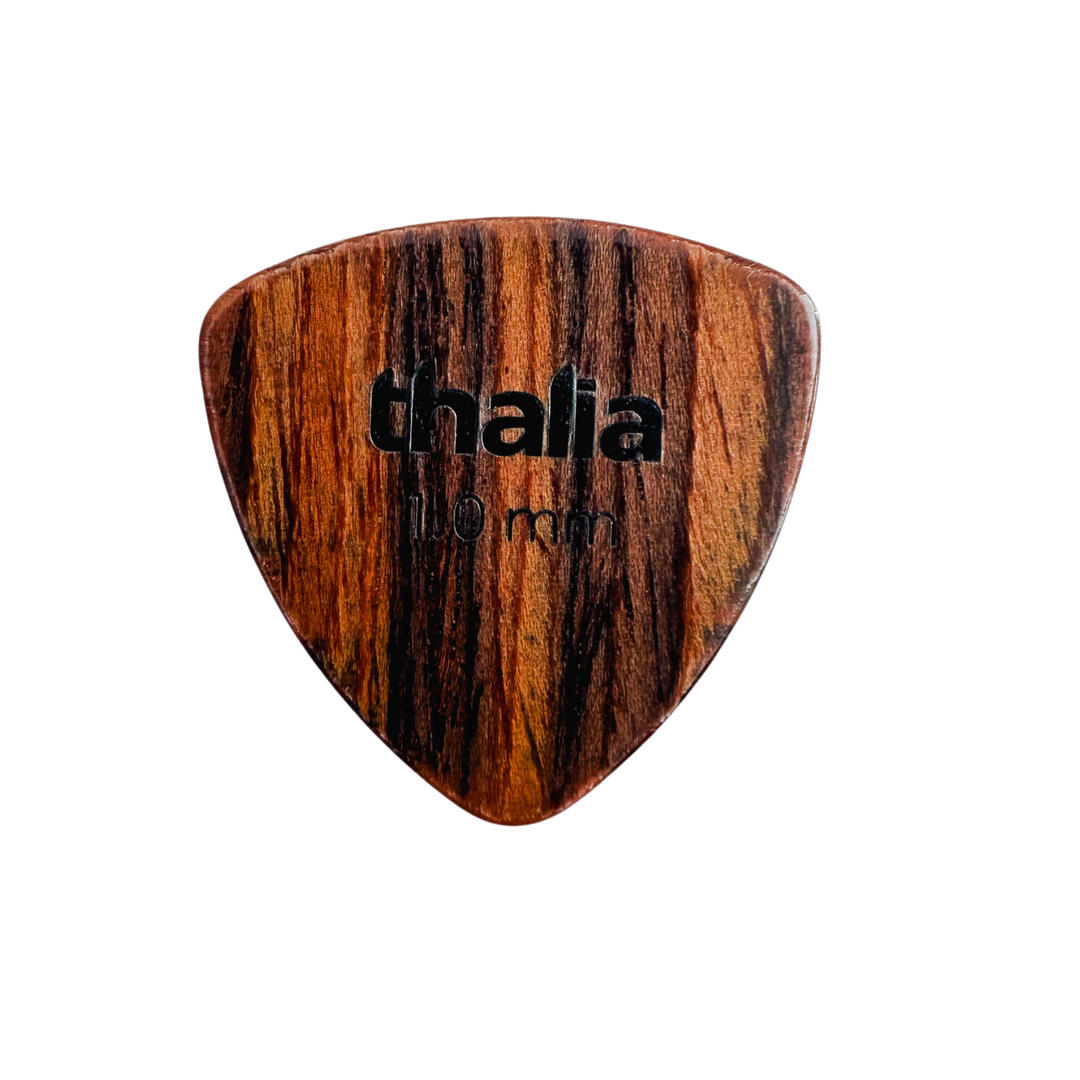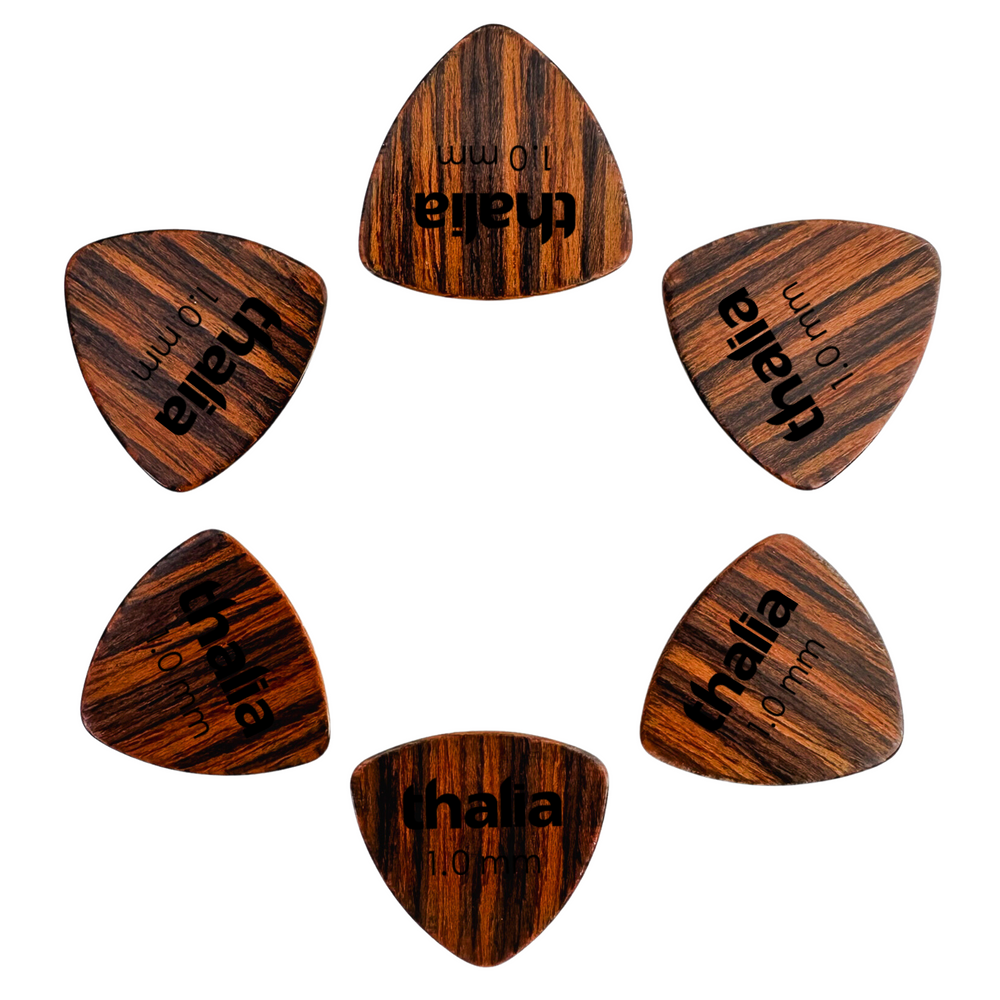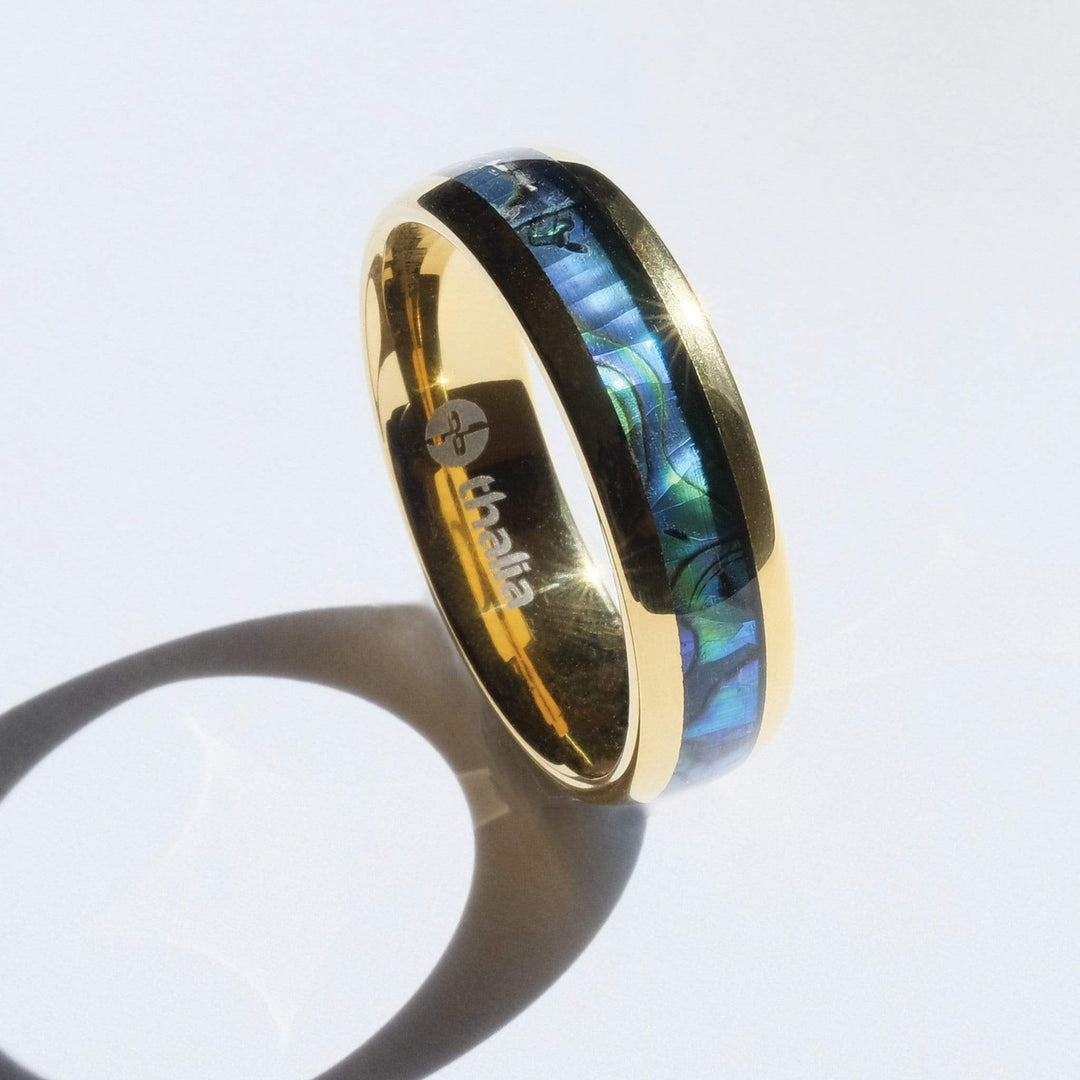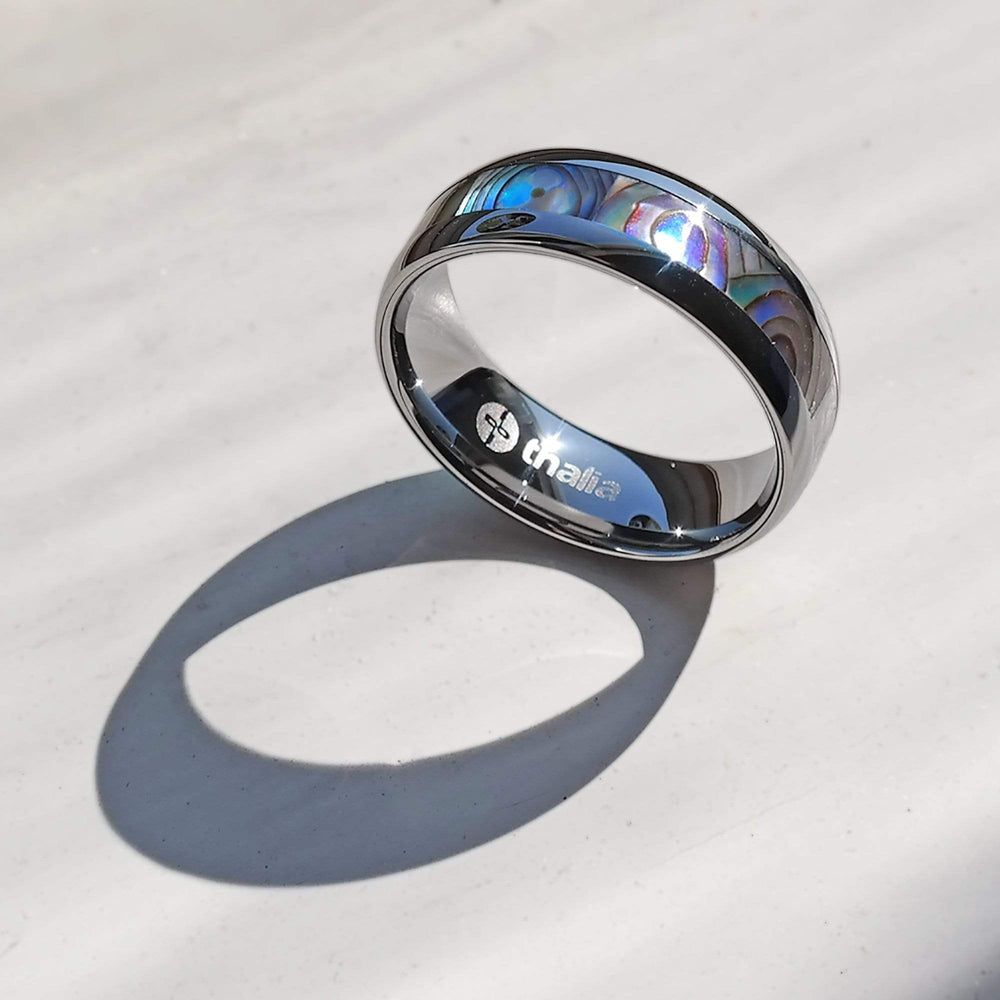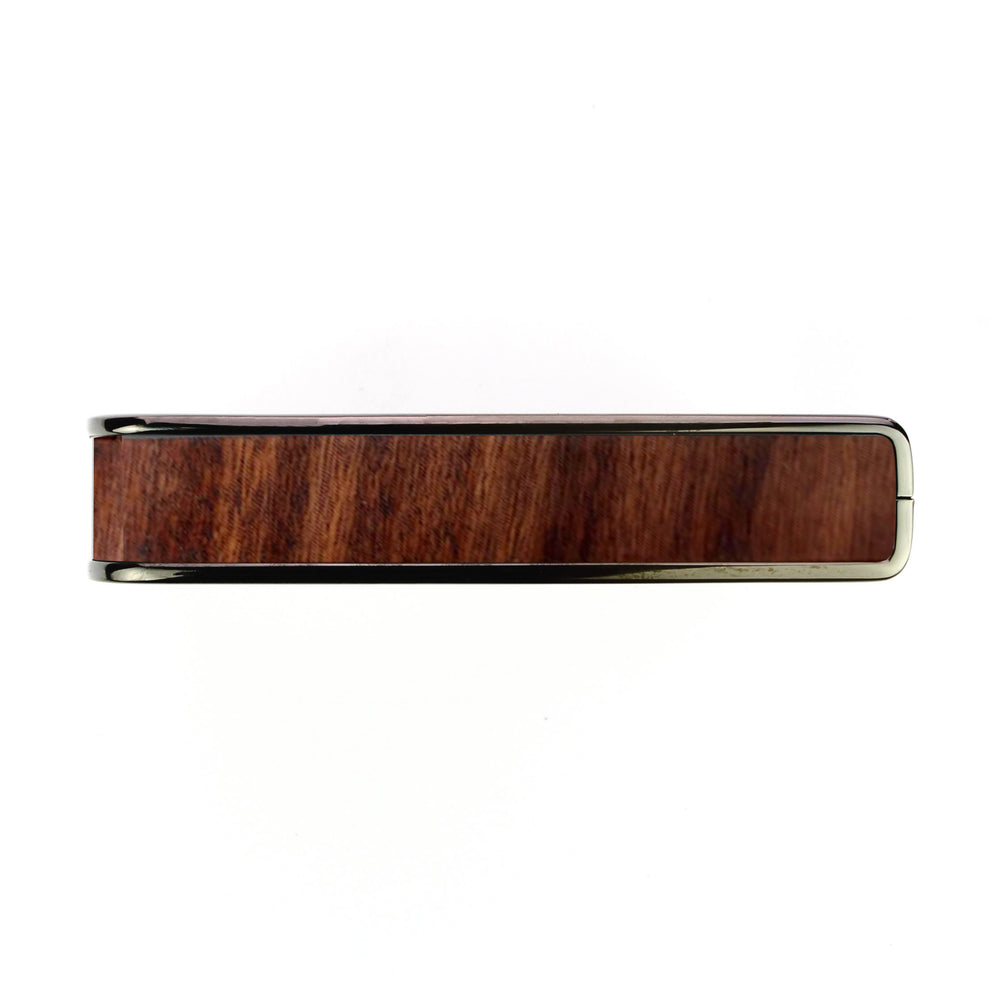These “New” Hendrix and Doors Songs… Were Made by A.I.

When an artist dies before their time, you always wonder what could have been. What could that “final” album have sounded like? How would those musicians have developed?
Now, an organization called Over The Bridge has used AI technology in attempt to answer that question, and promote better mental health in the music industry in the process.
Last week, the initiative unveiled an EP called “Lost Tapes of the 27 Club.” The project presents imagined “unearthed recordings” by Kurt Cobain, Amy Winehouse, Jim Morrison and Jimi Hendrix – members of the so-called 27 Club that died prematurely as a result of mental health and substance abuse issues.
Vice explains how Over The Bridge was able to generate the eerily sound-alike tracks:
“Created with an algorithm that isolates hooks, rhythms, melodies and lyrics, The Lost Tapes learnt from the music and generated a string of all-new, but thematically similar songs. An audio engineer took the AI-generated musical elements… and used them to compose the album.”
The algorithm in question is Google’s Magenta, and it’s not the first time it’s been used to make music. Back in 2016, Sony’s Computer Science Laboratories used the algorithm to generate “Daddy’s Car,” a pop song “written” in the style of the Beatles:
Thanks to the use of some talented tribute act vocalists and period-appropriate production, the effect is often uncanny. To hear what we’re talking about, check out the clip of “Drowned In the Sun” – an imagined Nirvana song featuring Eric Hogan of Nirvana tribute band Nevermind – below:
On their website, the producers of The Lost Tapes of the 27 Club explain that there’s more behind the album than just nostalgia. The project was designed to highlight the mental health crisis in the music industry in a hope to encourage better mental health support for musicians, crew and other industry insiders:
“As long as there’s been popular music, musicians and crews have struggled with mental health at a rate far exceeding the general adult population. And this issue hasn’t just been ignored. It’s been romanticized, by things like the 27 Club—a group of musicians whose lives were all lost at just 27 years old.
“To show the world what’s been lost to this mental health crisis, we’ve used artificial intelligence to create the album the 27 Club never had the chance to. Through this album, we’re encouraging more music industry insiders to get the mental health support they need, so they can continue making the music we all love for years to come.
Because even AI will never replace the real thing.”
It’s a commendable effort from Over The Bridge and a great way to celebrate the music of those artists while de-romanticizing the very real issues that lead to their untimely deaths.







